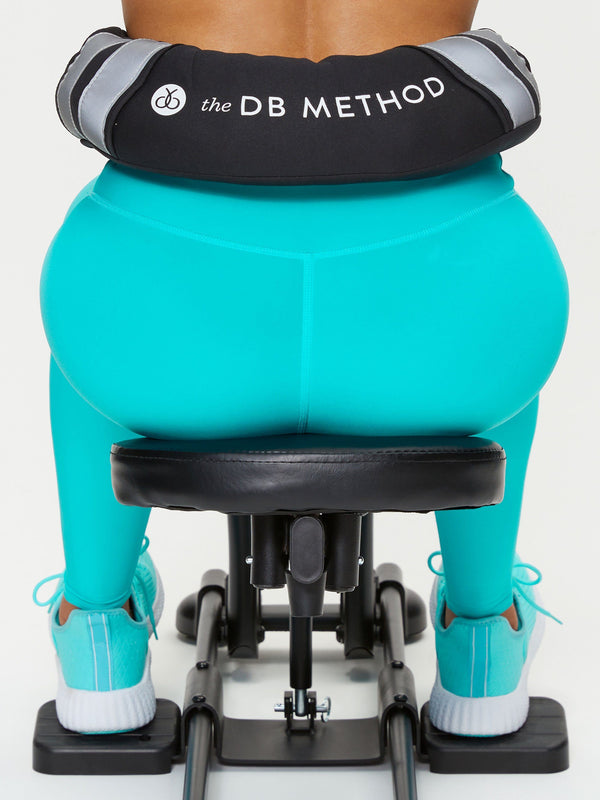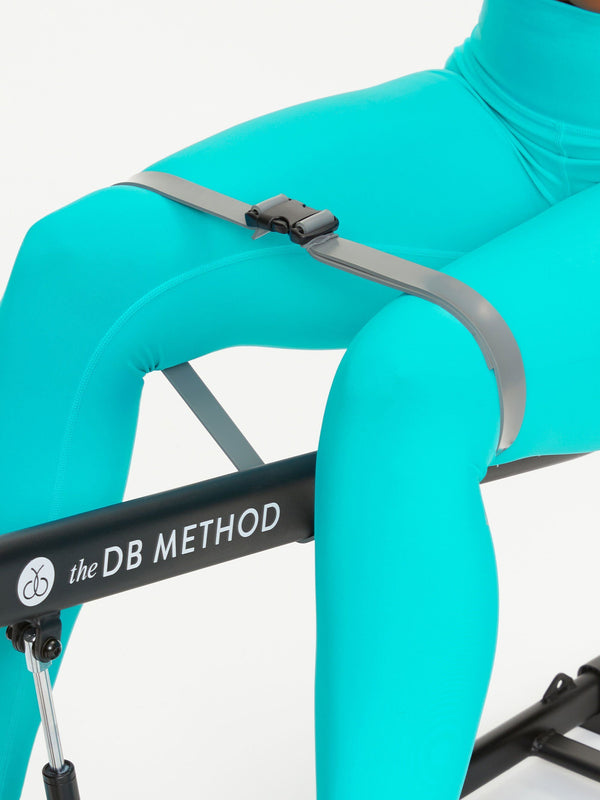If you enjoy long walks on the beach or just around your neighborhood, you’re in luck because you’re “one step” closer to creating a path to healthy weight loss!
As the sun’s (UVB) rays hit your skin, your body makes Vitamin D which your liver and kidneys process for your body to use later. And having the right levels of Vitamin D can help you lose weight (source) while a Vitamin D deficiency can stop your weight loss journey dead in its tracks.
Vitamin D deficiencies can happen to anyone. You may be at higher risk if you:
- Are a breastfed infant
- Over the age of 70
- Live in a northern climate where sunshine is more rare
- Have high melanin levels (which makes Vitamin D absorption more difficult)
- Are overweight
- Don't eat enough Vitamin D rich foods like eggs, milk and fish
- Spend most of your time indoors
- Lather yourself in sunscreen when outdoors
- Live in a city or area where tall buildings and tree canopies obstruct direct sunlight
And these conditions can cause a Vitamin D deficiency too:
- Cystic fibrosis, Crohn's disease, IBD, and chronic pancreatic insufficiency, because it prevents your intestines from adequately absorbing Vitamin D
- Obesity since fat cells keep Vitamin D from being released
- Kidney disease and liver disease reduces the amount of enzymes your body needs to change Vitamin D into a form it can use
- Weight loss-surgery reduces your ability to absorb Vitamin D from your diet
- Medications like steroids, laxatives, and cholesterol lowering drugs affect how fast you absorb Vitamin D
Inadequate levels of Vitamin D can cause unintentional weight gain (source), so let’s take a look at exactly how Vitamin D and weight is linked.
Vitamin D And Your Weight
The Vitamin D levels in your body play an important role in your weight gain and weight loss.
Low Vitamin D Levels
Weight gain can be caused by a Vitamin D deficiency because of the excessive fatigue, depression, and anxiety that the lack of Vitamin D leaves you with.
Low bone density and bone disorders like osteoporosis are another serious consequence for low vitamin D levels. They also make you a higher risk for fractures, pain, and joint issues. If you get hurt, you’ll have limits on walking, jogging, running, and any other exercises that allow you to lose weight and stay active.
Poor sleep and a higher risk of sleep disorders is another issue linked to deficiencies in Vitamin D. A lack of sleep causes weight gain, because the length of sleep (and lack of it) directly impacts the hormones that regulate hunger. Lacking sleep also makes you too tired to work out.
Normal Vitamin D Levels
Your body functions better with normal VItamin D levels and losing weight becomes easier.
Your hypothalamus (which regulates your hormones) tells your body if it should store or release fat depending on how much Vitamin D you have in your body. If your level of Vitamin D is in the normal range, it reduces the formation of new fat cells (source) while reducing your fat accumulations.
Normal levels of Vitamin D also increases your serotonin (source), a neurotransmitter that
affects everything from mood to sleep regulation. Serotonin helps to control your appetite and decreases your calorie intake (source) which then reduces your body weight. When your serotonin levels are high, you’ll also be motivated and energized to keep eating healthy and exercising.
Vitamin D also releases testosterone which triggers weight loss (source). Higher levels of testosterone reduce body fat and help to sustain long-term weight loss (source) by boosting your metabolism (source). This causes your body to burn more calories after eating and blocks the formation of new fat cells.
How To Improve Your Vitamin D Levels
Even though your body can make Vitamin D, eating foods with Vitamin D is still important as it supplements your body’s own efforts, or when you don’t have the ability to go out in the sun.
Foods that are rich in Vitamin D include:
- Fatty fish like salmon, tuna, mackerel, and sardines
- Swordfish
- Rainbow trout
- Shrimp
- Beef liver
- Mushrooms
- Egg yolks
- Fortified milk
- Fortified cereals
- Fortified orange juice
- Fortified yogurt
Vitamin D is not always well absorbed especially if you have dietary restrictions, so it’s good to have other Vitamin D options too.
Spend Time In The Great Outdoors
Spend more time outdoors increases your Vitamin D levels. You’ll get your daily need of Vitamin D filled in a little less than 20 minutes if around 40% of your skin sees the midday sun (without wearing sunscreen).
Supplements
Supplements are another option you can use to meet the National Institute of Health’s (NIH) daily recommendation of 15 micrograms or 600 international units (IU) of Vitamin D per day for anyone aged 1-70. These are available as an oral tablet, film, or liquid.
Injectable Vitamin D
For severe Vitamin D deficiencies, you may need an injectable Vitamin D shot to get your Vitamin D level back to normal quickly.
From going outside on a sunny day, to modifying your diet, or adding some supplements, vitamin D can help you lose weight and keep the weight off. Best of all is that you don't have to make any drastic changes to your lifestyle to have a healthy level of Vitamin D!
If you enjoyed this guide to Vitamin D and how it impacts weight loss and weight gain, subscribe to our blog below and follow us on social media for more information.








